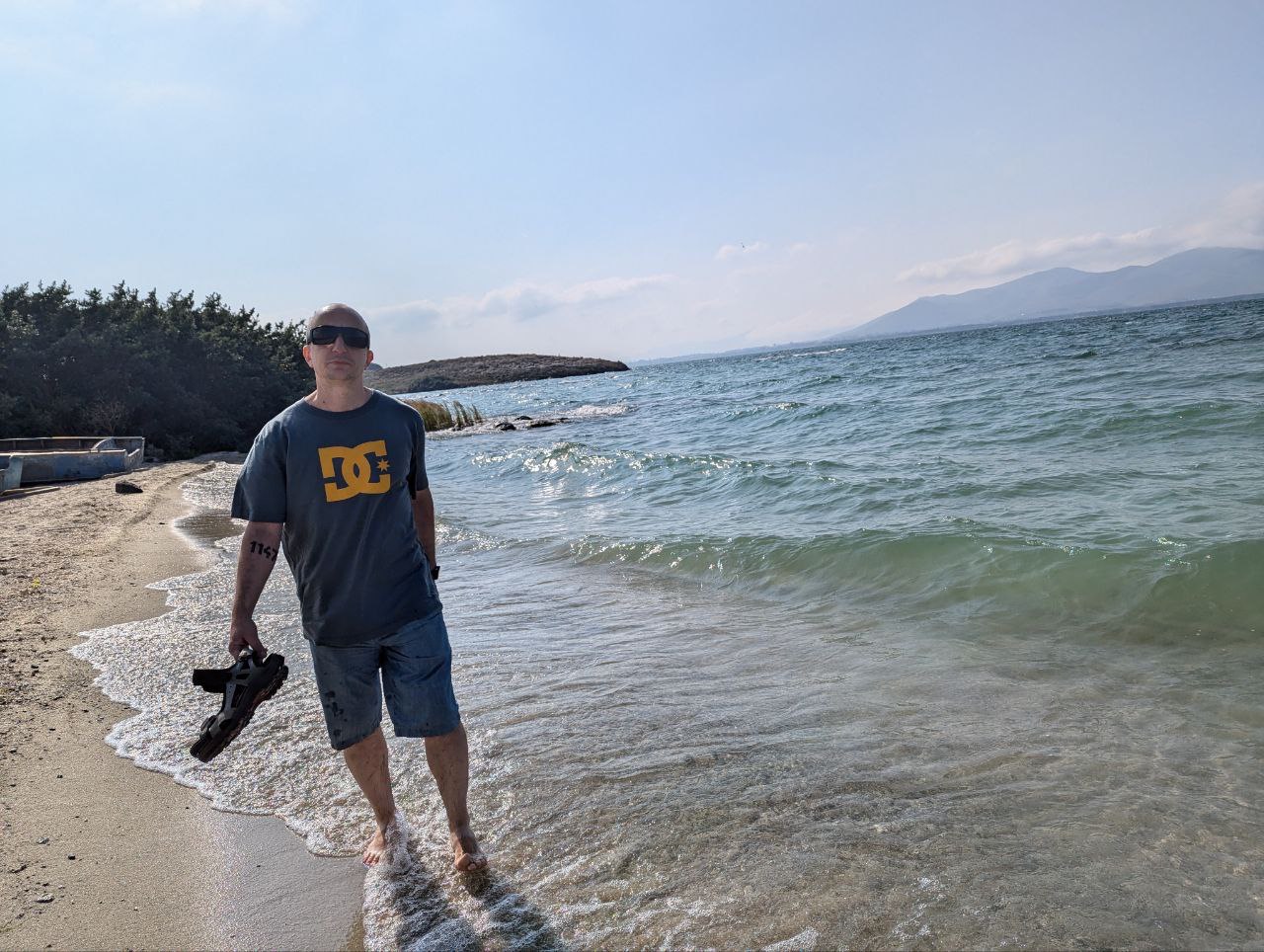
The UK is preparing major changes to its immigration rules. What does this mean for those already in the country or planning to apply for Global Talent, Innovator Founder, Skilled Worker — and for your pathway to ILR and citizenship? In the first episode of our YouTube podcast, Relogate co-founder Roman Tsuper discussed these topics with UK immigration lawyer Margarita Mikhailova (OISC Level 2 accreditation).
Currently in focus are government proposals, including the Labour Party’s White Paper and Conservative initiatives. They mainly affect work visas, where an extension of the ILR route to 10 years is being discussed. For Global Talent and Innovator Founder, targeted adjustments (including endorsement processes) are possible, but no unified, confirmed rules have been announced.
“The law usually does not apply retroactively. Even if the changes are tough, those already on the route still have a chance to continue under the old rules — there are court precedents confirming this.”
In practice, new packages often arrive in “waves” (historically in October/April). After a Statement of Changes is published, some rules take effect within 21 days. The bottom line: if you are close to filing — time is against you, it’s best to accelerate now.
For GT/IF, the main applicant reaches ILR in 3 years, while family members typically qualify for settlement in 5 years — this has not changed. For work visas, family timelines are generally synchronized with the main applicant: if the route is extended, dependants will likely face the same extension. For families already in the UK, there’s no reason to panic: these changes would only affect future applications.
The golden rule for ILR is no more than 180 days of absence in any rolling 12-month period (a moving window, not a calendar year).
Practical steps:
The GT category is flexible: you can be an employee, run a company, or work as self-employed — the key is that your activity matches your area of talent and is provable:
How much do you “need” to earn for ILR? There is no strict minimum. Logic and demonstrated activity matter more than specific numbers.
In addition to annual monitoring by the endorsing body, at the ILR stage you’ll need to:
1. Obtain a final endorsement confirming progress against your original objectives.
2. Fulfill at least two criteria from the business requirements list. Common examples include:
This is one of the most document-heavy ILR routes: those who win are the ones who track metrics early and keep evidence organized, rather than scrambling in year three.
For naturalisation, you need 5 years of residence in the UK and 1 year “free of immigration control” (with ILR). Example: if you obtain ILR in 3 years via Global Talent, you typically wait another 2 years before applying for citizenship.
“Ties to the country” are confirmed by a combination of factors: work/business, study, children in schools, participation in community/volunteering, housing, etc. There is no strict checklist — the key is to present an honest picture of your life in the UK.
At Relogate, preparing a Global Talent case costs €5,900, while an Innovator Founder case starts from €10,900.
Stay tuned for the next episodes of our podcast and subscribe to our YouTube channel: https://www.youtube.com/@Relogate
More practical insights and deep-dives on life and immigration to the UK, France, and the USA are on the way!